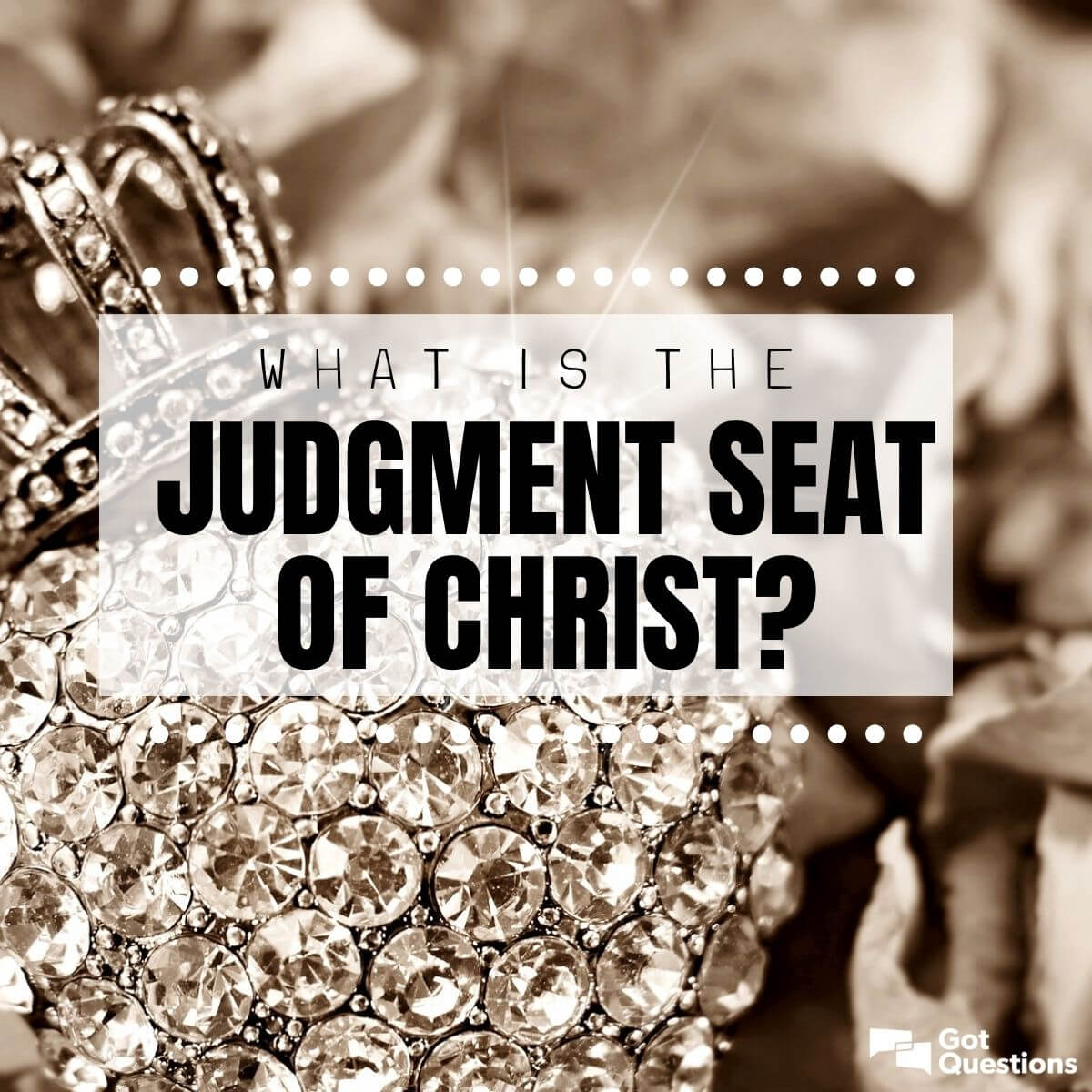InChrist
Free4ever
Those are not contradictions. Those who have trusted Christ for their salvation are saved/justified by their faith … and their good works followed salvation demonstrate the reality of their faith. Those who never mEphesians 2:8-9 "For by grace you have been saved through faith; and that not of yourselves, it is the gift of God; 9 not because of works, lest any man should boast"
Romans 3:28 "Therefore we conclude that a man is justified by faith without the deeds of the law."
Galatians 2:16 "...yet who know that a man is not justified by works of the law but through faith in Jesus Christ, even we have believed in Christ Jesus, in order to be justified by faith in Christ, and not by works of the law, because by works of the law shall no one be justified."
Just to remind you that apart from "he will repay each person according to what he has done", Jesus also said: "For truly, I say to you, till heaven and earth pass away, not an iota, not a dot, will pass from the law until all is accomplished" (Matthew 5:18).
Even Jesus' brother confirmed this.. "You see that a man is justified by works and not by faith alone." (James 2:24)
Really fed up with the huge number of contradictions in the Bible..Unbelievable!!
There is no contradiction at all. All those who place their faith in Christ for salvation are saved/justified, receive forgiveness & eternal life by faith. Nevertheless, good works follow salvation and demonstrate one’s faith is genuine. Every believer will stand before the Judgment Seat of Christ and be rewarded or not for the things done in this life.Ephesians 2:8-9 "For by grace you have been saved through faith; and that not of yourselves, it is the gift of God; 9 not because of works, lest any man should boast"
Romans 3:28 "Therefore we conclude that a man is justified by faith without the deeds of the law."
Galatians 2:16 "...yet who know that a man is not justified by works of the law but through faith in Jesus Christ, even we have believed in Christ Jesus, in order to be justified by faith in Christ, and not by works of the law, because by works of the law shall no one be justified."
Just to remind you that apart from "he will repay each person according to what he has done", Jesus also said: "For truly, I say to you, till heaven and earth pass away, not an iota, not a dot, will pass from the law until all is accomplished" (Matthew 5:18).
Even Jesus' brother confirmed this.. "You see that a man is justified by works and not by faith alone." (James 2:24)
Really fed up with the huge number of contradictions in the Bible..Unbelievable!!
Therefore we make it our aim, whether present or absent, to be well pleasing to Him. For we must all appear before the judgment seat of Christ, that each one may receive the things done in the body, according to what he has done, whether good or bad. 2 Corinthians 5:9-10

What is the judgment seat of Christ? | GotQuestions.org
What is the judgment seat of Christ? What is the bema seat? If all of a believer’s sins are forgiven, what is there for Christ to judge at the judgment seat?
www.gotquestions.org

